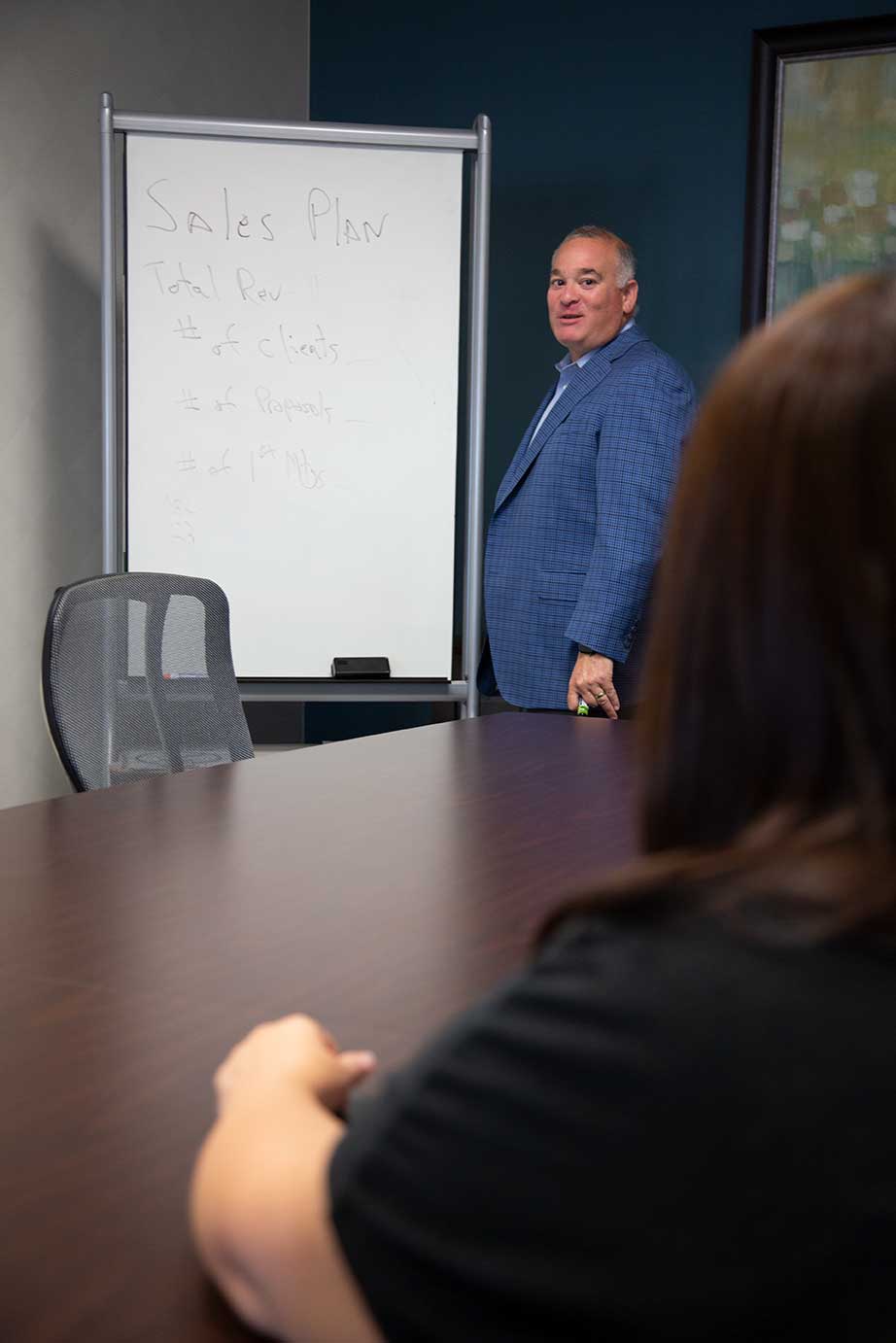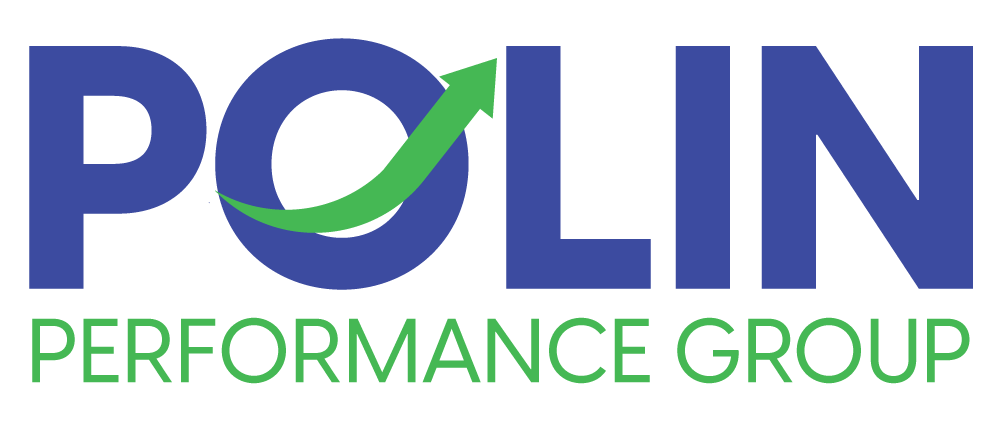December Workshop:
Develop an Elevator Pitch that Differentiates You from the Competition
Over the course of your career, you will probably attend more networking events, seminars, conferences, trade shows, and cocktail parties than you can count. If you are like most professionals I have met, you haven’t given much thought ahead of time to the question of how you will introduce yourself when speaking to someone for the first time. If you are like most people, you won’t really think about your message until two seconds after you have started that conversation.
If someone were to walk up to you right now and ask you what you did for a living, what would you say? How would you differentiate yourself from your competitors? Would the pitch grab the attention of the person who you are speaking with, or would it be littered with the same information that someone could find in your brochure or web site? How do you react when someone begins sharing that kind of information at a party? Does it leave you enthralled? Or does it make you look around the room for someone else who is a better conversationalist?
Here is the real question: How much time and energy have you devoted to preparing your elevator pitch?
If you are not prepared to deliver a truly powerful elevator pitch, you may miss out on your chance to convert a conversation with someone into a new client opportunity.
Tips to Develop a Killer Elevator Pitch
1. Don’t sell during the elevator pitch. You are probably not going to close a new client in under five minutes. Just identify if the person with whom you are speaking has problems you can help them solve.
2. Articulate the problems that you solve for your clients and the ways in which those problems could have an impact on them.
3. Start with big-picture problems first. Once you have identified some of the big picture issues, you can move to more specific, detail-oriented issues the prospect might have.
4. Craft a variety of different elevator pitches. If you are with a professional services firm, you might craft one commercial pitch for your specific area of business and another one for the overall firm. A pitch to a small company may sound different than a pitch to a large company.
5. Tell stories to articulate ways that you’ve helped your clients with those issues.
6. Ask questions to identify if the person you are speaking with is open to discussing the ways you might be able to help them.
7. Determine next steps for you to follow up. Maybe it’s agreeing to speak for another 20 minutes. Maybe it’s scheduling an appointment. Just don’t finish the conversation until you understand the next steps.
I like to compare a salesperson’s elevator pitch with a resume for someone who is looking for a job. The resume will not get someone a job, but the resume will get the potential employer interested enough to call the candidate. You are not going to close a new deal based on your elevator pitch, but you will be able to qualify or disqualify a prospect and get someone interested in speaking with you for the next five minutes with a good pitch.
If you are unsure about your elevator pitch, or the elevator pitch for your people, it might make sense for us to speak.
Please reach out by calling
215-970-2360 or
contact me.
If you are not prepared to deliver a truly powerful elevator pitch, you may miss out on your chance to convert a conversation with someone into a new client opportunity.
Schedule a Time for a
Free Consultation
Contact Us
We will get back to you as soon as possible.
Please try again later.

You might also like

Sign up to Amplify Your Sales Results with PPG
We coach people through their sales challenges and guide them to achieve revenue levels they never thought possible.
Newsletter Signup
We will get back to you as soon as possible.
Please try again later.

Amplify Sales Results with Polin Performance Group.
Polin Performance Group provides proven strategies to increase sales, maximize performance and increase revenue for your B2B business. Our Business Development Services include Sales Coaching, Sales Training, Sales Consulting and Process Development, Workshops, and Fractional Sales Management.
Services
Company
All Rights Reserved | Polin Performance Group, LLC.


